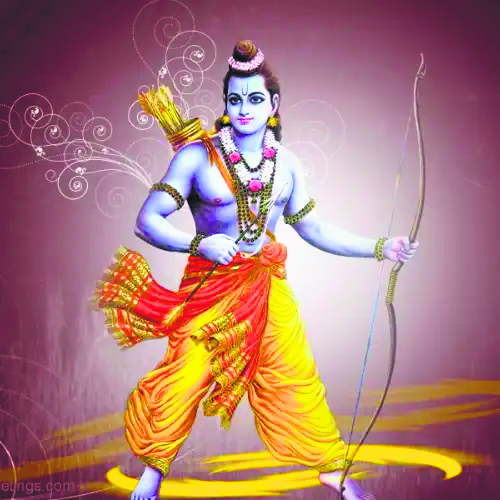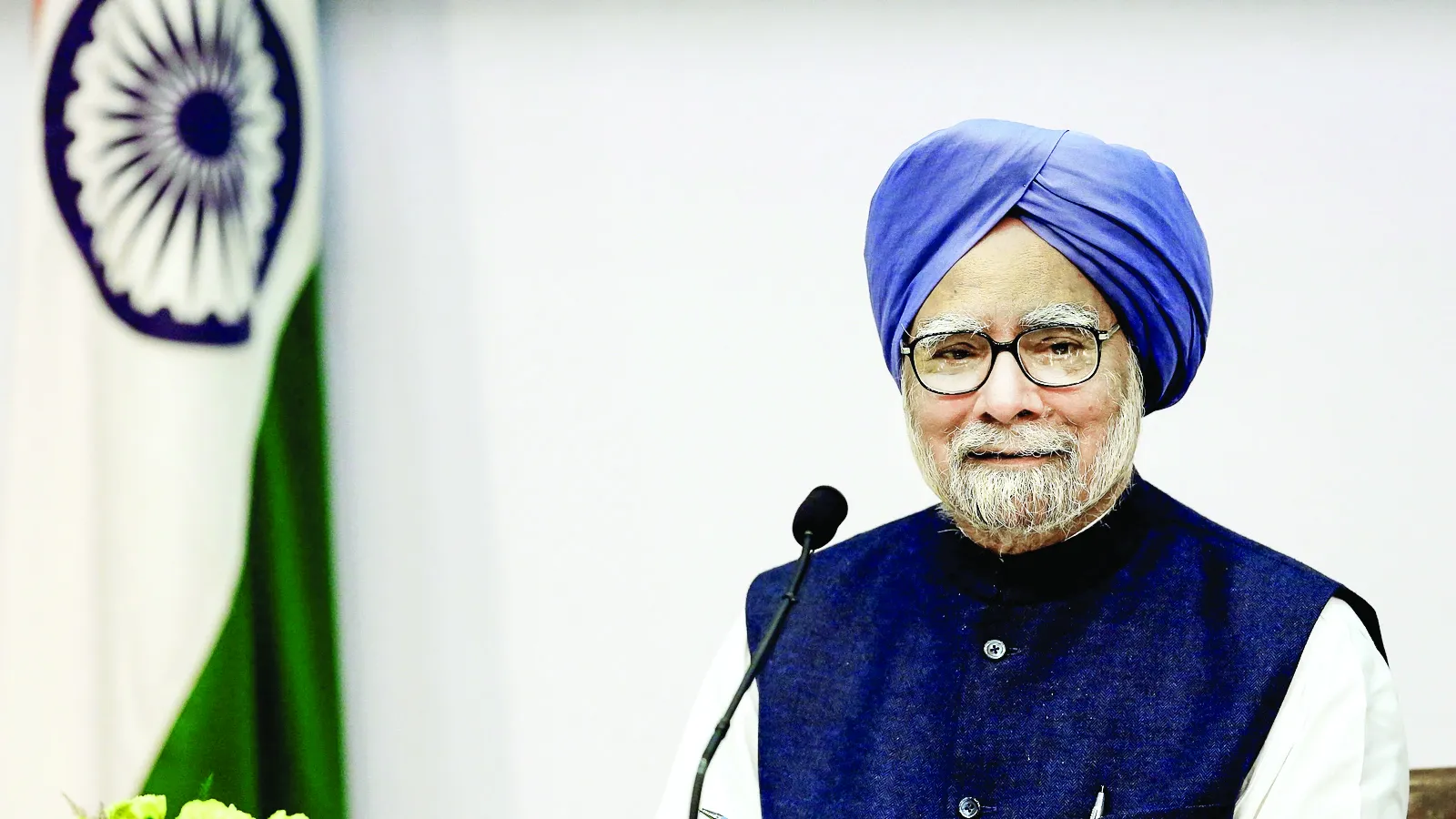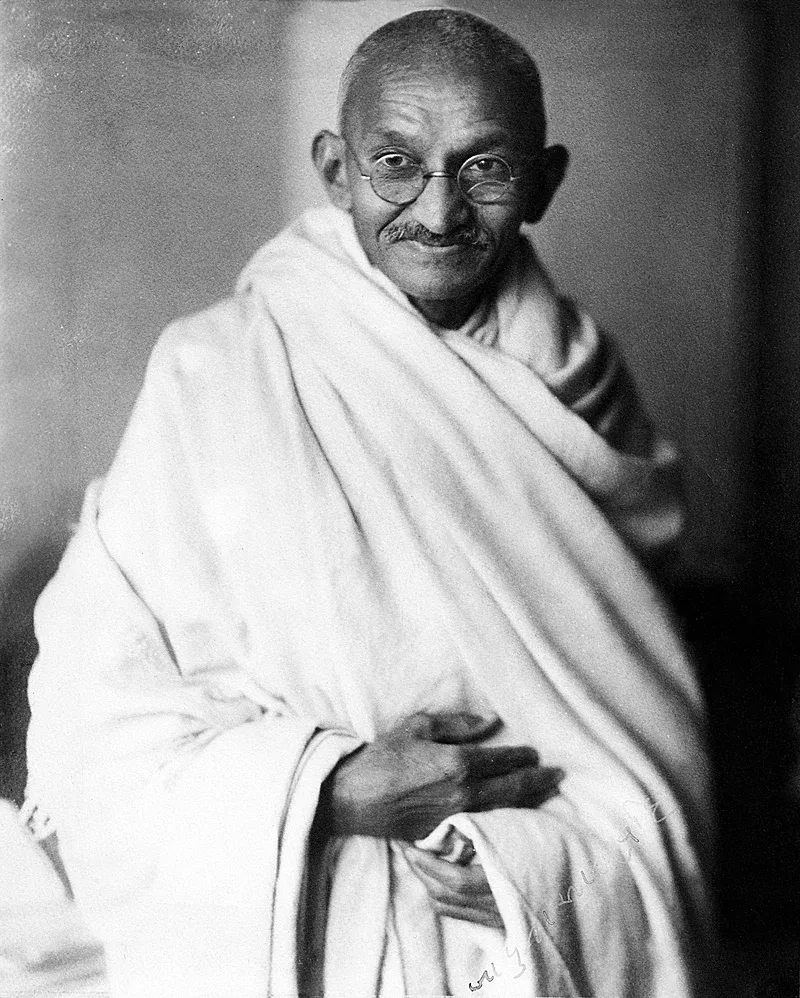Across millennia, Lord Rama, the epic hero of the Ramayana, has been etched onto the Indian consciousness. His journey, a tapestry woven with threads of valor, righteousness, and unwavering devotion, transcends the pages of ancient scripture to become a living guide for navigating the complexities of human experience. But does Rama, a figure born in a bygone era, hold any relevance in the frenetic pace of the 21st century? The answer, surprisingly, is a resounding yes. For within the epic tale of Rama lie timeless teachings that offer potent solutions to the contemporary challenges we face as a global society.
Confronting Hydra of Inequality
In today’s world, where social and economic disparities cast long shadows, Rama’s unwavering commitment to justice shines as a beacon of hope. His refusal to exploit his privilege as a prince and his willingness to embrace exile to uphold his father’s oath challenge the very fabric of systemic inequality. In an era where access to opportunities remains skewed, Rama’s sacrifice offers a potent lesson: true leadership lies not in amassing power, but in upholding fairness and sacrificing personal gain for the greater good. This principle translates to various contexts, urging us to advocate for inclusive policies, dismantle discriminatory practices, and champion the cause of the marginalized.
Finding True NORTH STAR IN a Moral Maze
Dharma, the guiding principle of Rama’s life, translates to righteous conduct. In today’s world, riddled with ethical quandaries and moral ambiguities, Rama’s unwavering adherence to Dharma serves as a north star. From his refusal to slay Vibhishana, seeking refuge despite being Ravana’s brother, to his compassionate treatment of even his enemies, Rama demonstrates the profound power of empathy and ethical decision-making. This translates to everyday choices, urging us to prioritize integrity over expediency, resist unethical shortcuts, and champion truth even in the face of adversity.
Battling Internal, External Demons
Ravana, the demon king Rama vanquishes, is not just an external enemy; he is a metaphor for the internal demons that plague us all: greed, ego, and envy. The epic battle in Lanka becomes a symbolic representation of the individual’s struggle against personal vices. In an age consumed by instant gratification and fleeting trends, Rama’s self-discipline and resilience offer a much-needed counterpoint. His dedication to his purpose, his ability to rise above temptations, and his unwavering self-awareness inspire us to engage in introspection, conquer our internal demons, and strive for personal growth.
Restoring Harmony with Nature
The Ramayana resonates deeply with the current ecological crisis. Rama’s profound respect for nature is evident in his interactions with the Vanaras, his respect for the forests, and his understanding of the delicate balance between humanity and the environment. In an era of accelerating climate change and rampant resource exploitation, Rama’s teachings urge us to reconnect with nature, adopt sustainable practices, and become responsible stewards of the planet. His reverence for the natural world serves as a call to action for climate justice, reminding us that the well-being of humanity is inextricably linked to the health of our planet.
The Power of Kinship
In a world increasingly grappling with social isolation and atomization, Rama’s unwavering dedication to family provides a much-needed source of strength. His deep love for Sita, his loyalty to his brother Lakshmana, and his respect for his elder brother Bharata are testaments to the importance of nurturing meaningful relationships. In an era where technology often replaces human interaction, Rama’s emphasis on compassion, communication, and empathy inspires us to prioritize our loved ones, build strong communities, and cultivate a sense of belonging.
Universality in Diversity
While Rama holds a central place in Hinduism, his appeal transcends religious boundaries. His virtues of courage, compassion, and selflessness resonate with people of all faiths and backgrounds. The Ramayana, translated into numerous languages and retold in diverse cultural contexts, becomes a tapestry woven with threads of shared human experiences. In a world grappling with religious intolerance and cultural divides, Rama offers a unifying force, reminding us that our shared humanity transcends differences and that the essence of his teachings speaks to universal human values.
However, engaging with Rama in the modern world requires critical reflection. Recognizing the and understanding the cultural context in which the epic was born are crucial to applying his teachings responsibly. We must also acknowledge that the interpretations of Rama’s character and story have evolved over time, making him a dynamic figure open to diverse perspectives.
In conclusion, Rama’s legacy is not a static monument to a bygone era; it is a living stream of wisdom that continues to guide us through the labyrinth of modern life. His unwavering commitment to righteousness, his deep connection to nature, and his emphasis on compassion and kinship offer potent solutions to us and the problems of modern world.
Dr. Daisy Sharma is Assistant Professor at University of Rajasthan, Jaipur.























